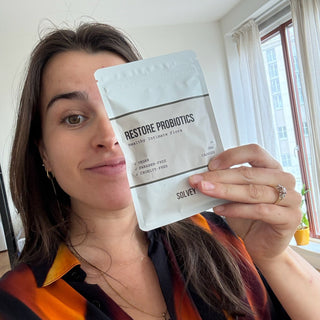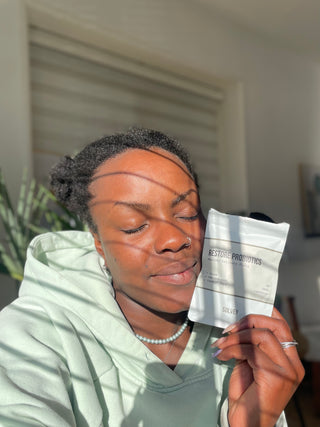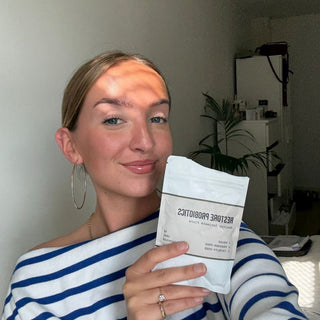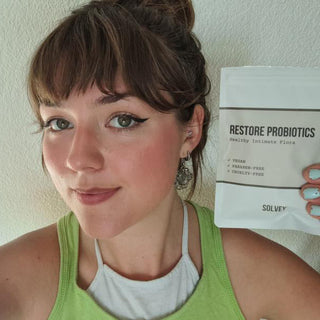Probiotics in scientific discussions on vaginal microbiota
In scientific literature, the vaginal environment is often described as a complex microbial ecosystem. Researchers study how different bacterial populations are present, how they vary between individuals, and how they may change over time.
Recurring vaginal topics are frequently discussed in academic research, particularly in relation to microbial composition and diversity. These discussions focus on understanding patterns observed in research settings rather than defining outcomes or treatments.
Lactobacilli in research literature
Many publications describe Lactobacillus species as commonly present in the vaginal environment. These bacteria are widely referenced in microbiome research because of their association with lactic acid production and their frequent appearance in vaginal microbiota studies.
Scientific literature explores how shifts in microbial composition may occur alongside factors such as medication use, hormonal changes, lifestyle influences, or hygiene practices. These observations form part of broader research into microbial ecosystems.
Probiotics as a research topic
Probiotics are defined as live microorganisms that are studied in a wide range of research contexts. In scientific literature, probiotic strains are often examined for their characteristics, survival, and behavior in experimental models.
Research on probiotics may involve:
-
laboratory studies
-
observational research
-
controlled clinical settings
These studies aim to better understand how specific strains are described, categorized, and observed within microbial research.
Strain-specific research discussions
Not all probiotic strains are the same, and scientific publications often emphasize strain specificity. Certain Lactobacillus and Bifidobacterium strains appear more frequently in studies related to vaginal or urogenital research contexts.
These strains are commonly referenced because they are well-characterized and widely used in scientific investigations, not because they imply specific effects in consumer use.
Oral intake and microbiome research
Some scientific discussions explore connections between different microbial ecosystems in the body, such as the gut and other microbial environments. Within these discussions, oral intake of probiotic strains is sometimes examined as part of broader microbiome research models.
These explorations are descriptive and context-dependent, reflecting ongoing scientific inquiry rather than established outcomes.
Safety in research context
Probiotic strains used in food supplements are generally discussed in scientific literature as being well studied. Research publications often examine tolerability and general use within defined study parameters.
As with all topics in microbiome science, findings depend on study design and context.
Summary
Scientific research continues to explore:
-
how vaginal microbial ecosystems are described
-
how Lactobacillus species are studied in microbiome research
-
how probiotics are categorized and examined in experimental settings
-
how different microbial environments are discussed in relation to one another
This article is provided for general informational purposes only and does not constitute medical advice, diagnosis, treatment, or product claims.








